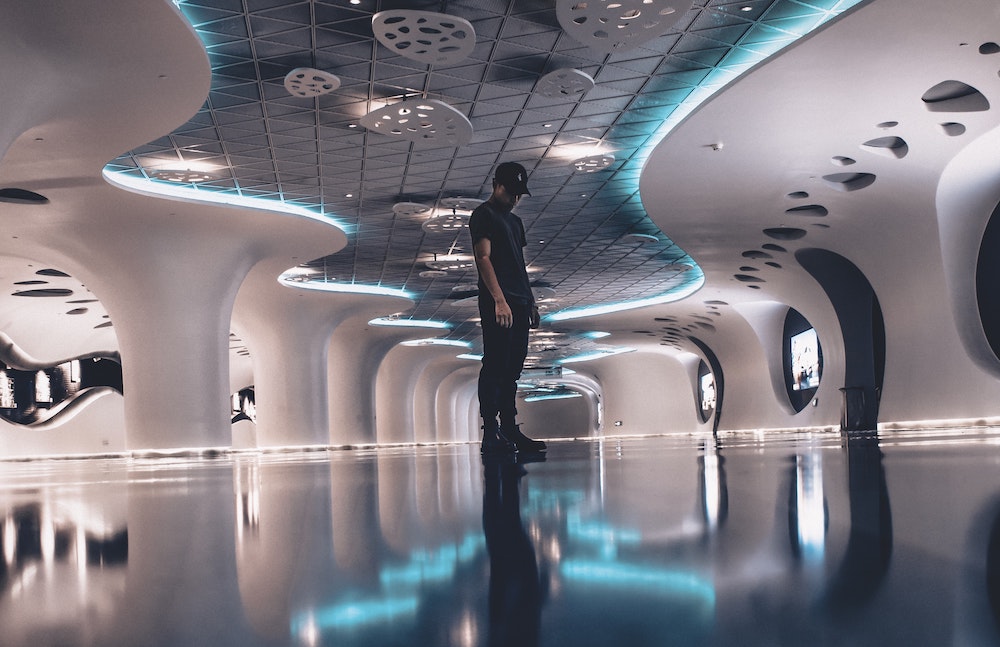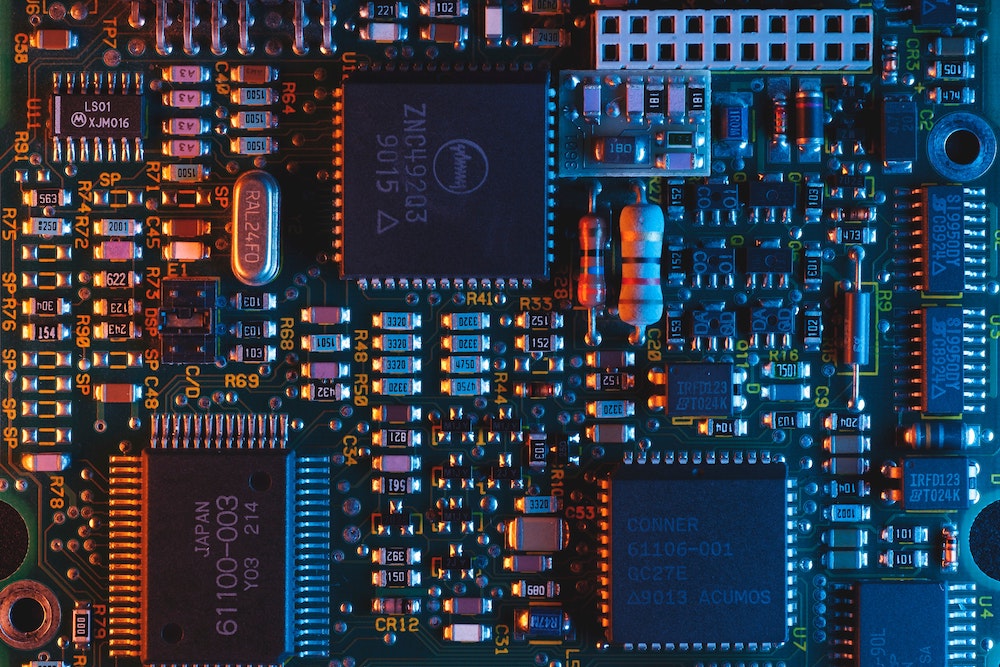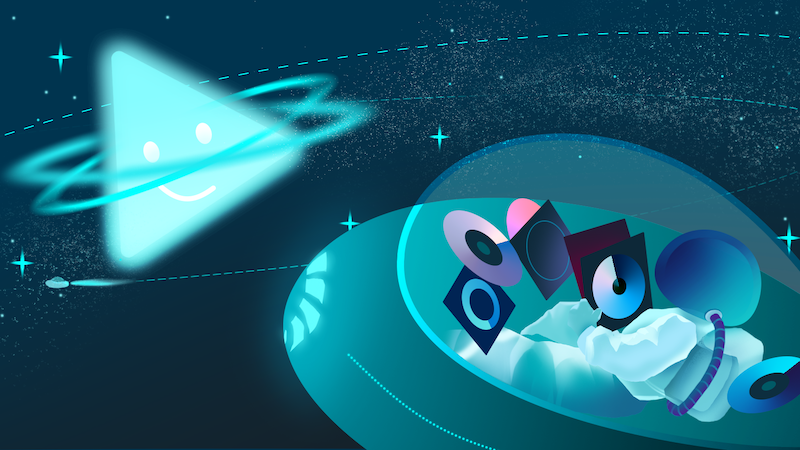Last updated on June 28th, 2023 at 02:43 pm
Finding things is easier when there’s a way to recognise them. This rings true for every database, whether a physical building housing volumes of books or a digital library compiled of thousands of songs. Thankfully, human beings (resourceful as we are) created taxonomies; classification systems that help keep things organised. A taxonomy is the greatest asset your music catalogue can have (aside from great musical assets, of course).
Using a taxonomy for your content library is like having SEO keywords for your website. Your customers can only find you through Google if your website includes those words relevant to their needs. Similarly, the only way to retrieve a “happy” song from your library is if it’s correctly tagged to match that description.
Setting up an efficient taxonomy that uses the right tags will improve your customer’s search experience – and, ultimately, lead to your business performing better. To learn how to do this, check out our free guide: “How to find the right taxonomy for your music catalogue”.
But where does artificial intelligence feature in this? Simply put, an algorithm reads your taxonomy and produces the search results your customer is looking for. This type of AI innovation is a reliable, long-term improvement to your catalogue that you can implement immediately.
Let’s explore three reasons music catalogues should tap into AI innovation – both now and post-quarantine.
AI innovation – an opportunity

Every crisis, no matter how severe, presents opportunities. The old ways of doing things are challenged, and quickly become outdated if they can’t cope with the pressure. Instead, new methods are introduced. We’ve seen this with the Coronavirus pandemic. Around the globe, businesses are banding together, turning to emerging technologies and forming new approaches that will serve towards establishing a brighter future. Startups are 3D-printing medical supplies and ventilators, while remote working tools become part of the daily work-life.
Some of mankind’s most useful contributions have come directly from history’s worst periods. The Black Plague decimated most of Europe. But it also led to better health and safety standards, a greater demand for knowledge and less labor-intensive work. During the First World War, Marie Curie invented the first mobile X-ray machines to help diagnose wounded soldiers – tools which are widely used today in emergency rooms and ICUs.
The time to explore new technologies is now. AI is already gaining widespread adoption across multiple industries, including music and entertainment. From technical adjustments on mixes to creative music generation, it’s gradually becoming an ever-present feature. This was the case pre-Coronavirus, but will likely continue moving forward.
AI innovation – resistance

This innovation includes the technologies we choose. And desperate times call for reliable technologies. That’s because people have their hands full day-to-day, dealing with the crisis in front of them. It’s not just the threat of job safety and personal health, but also that of family members, friends and colleagues.
Where humans are overburdened, AI is always dependable. In fact, it’s currently being used to diagnose humans for illness and can potentially detect future epidemics before they strike.
AI can be added to your business to keep basic things running. This leaves more time for your staff to care for your customers, as (keeping a personal connection) personal contact becomes more important now than ever. Let’s say you have a large music library. AI can cover the repetitive groundwork of basic tagging, so supervisors have time to do the exciting high-level tagging. Turning to AI technology can reduce work pressure, and act as a form of resistance to uncertainty and – paradoxically – frees you up to appear more human to a potential client.
Learn on your downtime.

Being at home means you’ve got more time, and more control over how you spend it. By not commuting to work, attending social events or taking part in your usual outdoor activities, you’ve got the opportunity to research and try out new ideas. It’s tempting to watch funny YouTube videos or indulge in Netflix with all that extra time (and you should; that’s one thing the Internet has perfected). But choosing to get familiar with AI means you’ll be future-proofing your business, and better preparing yourself no matter how long it takes to return to normal.
If you’d like to supercharge your music catalogue with AI, schedule a free 15-minute call with Cyanite co-founder Jakob.

